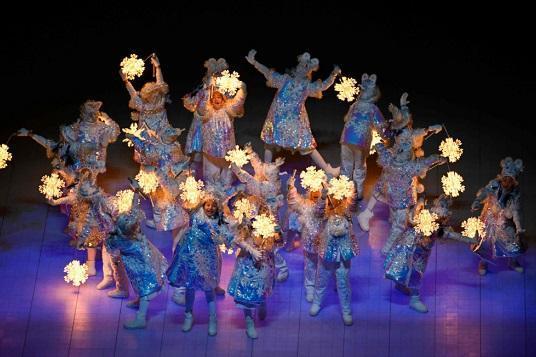
A pile of figure-skating rubble created by Russian misbehavior. A new Chinese champion, from California. An ace American skier who faltered and went home empty-handed. The end of the Olympic line for the world’s most renowned snowboarder.
All inside an anti-COVID “closed loop” enforced by China’s authoritarian government.
The terrarium of a Winter Games that has been Beijing 2022 ended yesterday, capping an unprecedented Asian Olympic trifecta and sending the planet’s most global sporting event off to the West for the foreseeable future, with no chance of returning to this corner of the world until at least 2030.
It was weird. It was messy and, at the same time, somehow sterile. It was controlled and calibrated in ways only Xi Jinping’s China could pull off. And it was sequestered in a “bubble” that kept participants and the city around them, and, by extension, the sporadically watching world, at arm’s length.
By many mechanical measures, these Games were a success. They were, in fact, quite safe, albeit in the carefully modulated, dress-up-for-company way that authoritarian governments always do best. The local volunteers, as is usually the case, were delightful, helpful and engaging.
“The Chinese people embraced these Games. Even in the closed loop, we could make this experience of excitement, of warmth, of hospitality and of friendliness,” International Olympic Committee President Thomas Bach said on Feb. 18.
There was snow, most of it fake, some of it real. The venues, many of them, like the Bird’s Nest and the Aquatic Center, harvested from the 2008 edition of the Beijing Olympics, performed to expectations. One new locale, Big Air Shougang, carved from a repurposed steel mill, was an appealingly edgy mashup of winter wonderland and rust-belt industrial landscape.
TV ratings were down, but streaming viewership was up: By Feb. 19, NBC had streamed 3.5 billion minutes from Beijing, compared to 2.2 billion in South Korea in 2018.
And then there were the Russians. And doping. Again.
The 15-year-old Russian figure skater Kamila Valieva tested positive for using a banned heart medication. The result wasn’t announced by anti-doping officials until after she’d won gold as part of the team competition, even though the sample was taken weeks earlier.
Failure in free program
The Court of Arbitration for Sport (CAS) cleared her to compete in the individual discipline, ruling that as a minor she had protected status. But Valieva, although heavily favored to win, fell several times during her free skate routine, landing her fourth place and prompting a cold reception from her embattled coach, Eteri Tutberidze. Valieva’s Russian teammates took gold and silver, but on a night of drama that seemed destined to define these 2022 Games, even the winners were in tears.
The affair produced one possible legacy for Beijing: Valieva’s ordeal has inspired talk of raising the minimum age for Olympic skaters from 15 to 17 or 18.
American skier Mikaela Shiffrin also came to Beijing with high expectations, only to see them dashed when she failed to finish three races. Her American teammates didn’t do much better. She left without any medal at all. In an image to remember, the TV cameras captured Shiffrin sitting dejectedly on the snow, head in hands, for several
minutes.
China swelled with pride, and its social media swelled with comments, as Eileen Gu, an America-born freestyle skier who chose to compete for China, her mother’s native country, became an international superstar. Her three medals, two gold, one silver, set a new record for her sport, and adulation for Gu literally broke the Chinese internet at one point, briefly crashing the servers of Sina Weibo, the massive Twitter-like network.
And Chinese snowboarder Su Yiming, a former child actor, won over the home crowd with a dominant gold medal big air performance.